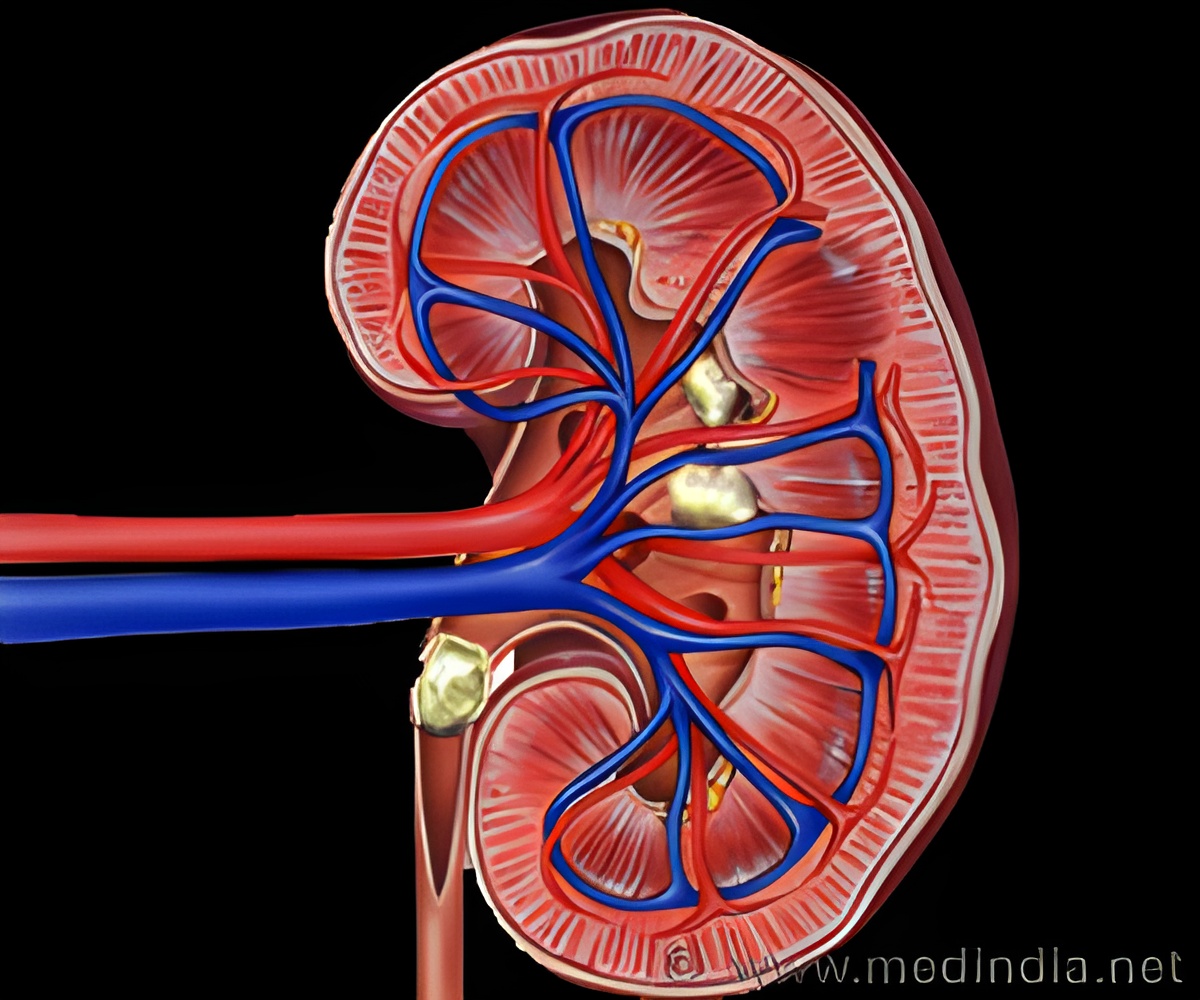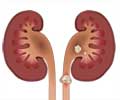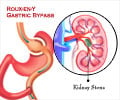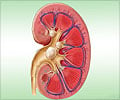Measuring intestinal calcium absorption may help to identify individuals who are prone to develop kidney stones, revealed a study.

‘Measuring intestinal calcium absorption may help to identify individuals who are prone to develop kidney stones.’





The researchers found that both absorption and excretion of calcium were faster in hypercalciuric stone formers than in hypercalciuric patients without a history of stones. Thus, measuring intestinal calcium absorption may help to identify individuals who are prone to develop kidney stones, revealed the study. The findings will be published in the upcoming issue of the Clinical Journal of the American Society of Nephrology (CJASN).
"To our knowledge this is the first study comparing calcium metabolism in hypercalciuric patients with or without calcium stones," said Dr. Vezzoli. "Its findings identify a characteristic of calcium metabolism that may predispose hypercalciuric patients to calcium stone formation, and highlight the role of intestinal absorption in stone formation."
Source-Newswise















